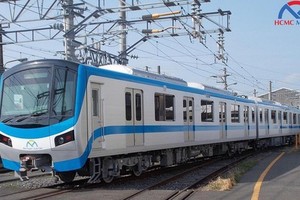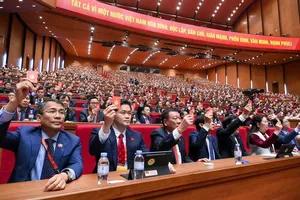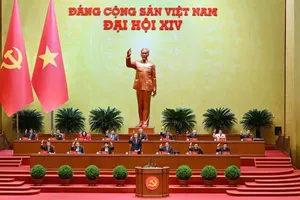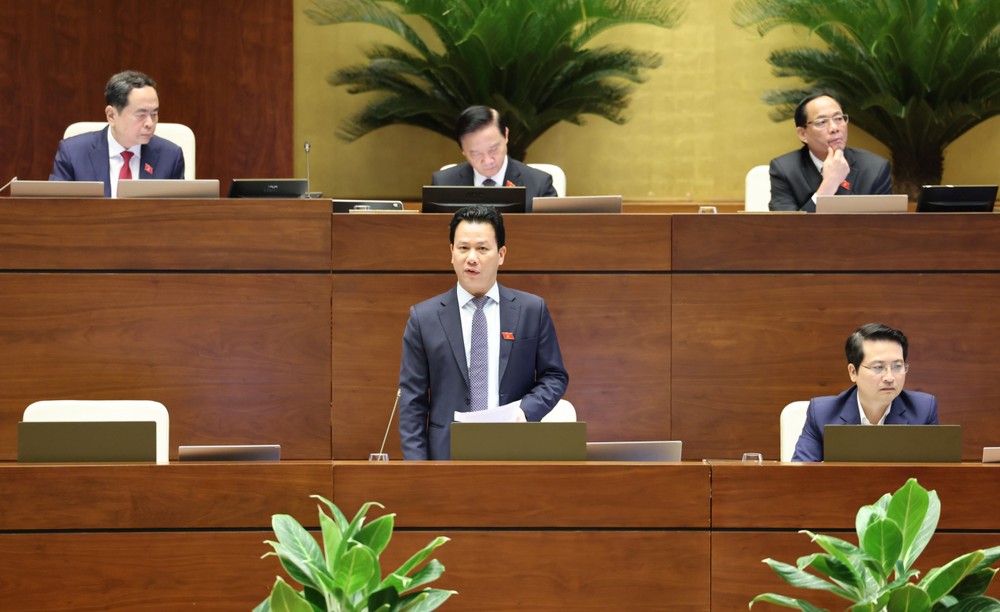
Therefore, according to him, public-private cooperation and social contribution to investment in urban wastewater treatment plants play a pivotal role in solving the problem.
Lack of medical waste treatment system in districts
National Assembly deputy Huynh Thi Hang Nga from the Mekong Delta Province of Tra Vinh said that infrastructure and waste treatment technology do not meet real needs, especially small-scale medical facilities which are still bumping many difficulties in choosing solutions to treat infectious waste and medical wastewater; thereby affecting the living environment of the community. The female deputy asked the Minister of Natural Resources and Environment about solutions to manage well issues related to infectious waste and medical wastewater.
Minister of Natural Resources and Environment Dang Quoc Khanh acknowledged that currently, the government and the health sector have been taking heed of investment in the medical waste treatment system. However, district administrations are still facing difficulties due to many reasons, including calling for investment by social contributions. The Minister said that in the coming time, the government will pay more attention to investing in medical waste treatment systems in districts.
Answering the question about the rate of treated domestic wastewater, Minister Dang Quoc Khanh said that in the country only about 17 percent of domestic wastewater is treated, a very low rate. Public-private cooperation and the mobilization of financial resources from private sectors for investing in urban wastewater treatment plants are very important.
The Minister emphasized that public investment is concerned with collection, but treatment needs to be done by private companies because wastewater treatment must be associated with operation. If this can be done, the wastewater treatment rate will be increased.
The Ministry of Natural Resources and Environment is developing a circular for public-private cooperation promotion. It is expected that by the end of 2024, it will issue a circular guiding the implementation of the Law on Environmental Protection passed by the National Assembly to create conditions for the promotion of public-private cooperation and financial mobilization to enhance urban waste treatment.
Mineral mining for a maximum of 50 years
Deputy Nguyen Ngoc Son from the Northern Province of Hai Duong questioned Minister Dang Quoc Khanh voiced his question about the issue of exploiting sea sand as construction material, which will greatly impact the marine environment, leading to coastal erosion while Deputy Nguyen Van Than from Thai Binh Province in the Northern region said that some mineral mines have run out of licenses and owners want to extend them.
Responding to the impact of sea sand exploitation on nature conservation and marine biodiversity, Minister Dang Quoc Khanh said that the Resolution No. 36 on Vietnam's sustainable marine development strategy from 2021 to 2030 with a vision to 2045 clearly states that the exploitation and use of marine resources must ensure the requirements of environmental protection and sustainable development.
The Minister said that the sea is a unified whole, and the exploitation and use of marine resources belong to many industries and fields. As a result, a thorough environmental impact assessment must be carried out before approving investment projects in tourism, industry, and urban areas along the coast to protect the marine environment, marine ecosystem, shipping, and seafood aquaculture.
Regarding the management of mines whose license has expired, the Minister said that the maximum mine license period is 30 years, mines are allowed to extend multiple times, and the total time must not exceed 20 years.
The Minister explained that the extraction period or lifespan of a mine according to the law is 50 years. Thus, in the case of mines that still have reserves after 30 years of exploitation, the mine owner has fully and methodically carried out the paperwork and procedures, and properly fulfilled tax obligations to the State, and environmental protection obligations. In this case, 45 days before the expiration date, the mine owner needs to make a proposal to request an extension.
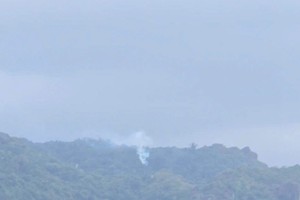
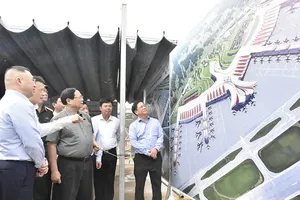

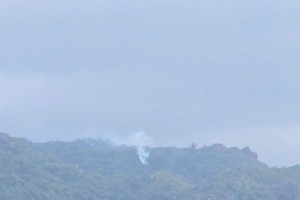
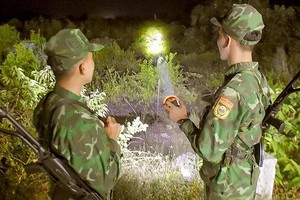
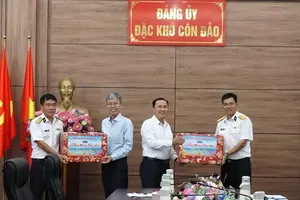
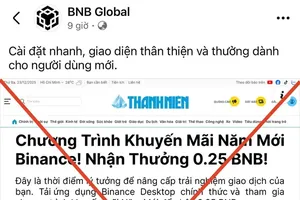
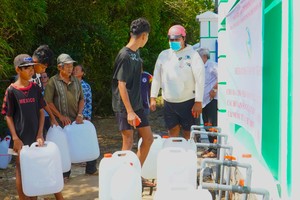
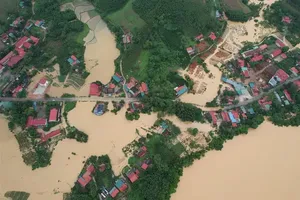
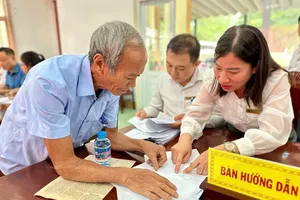
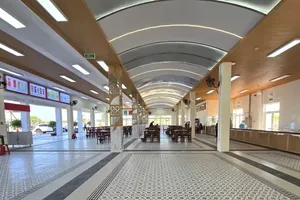
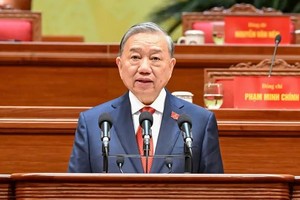
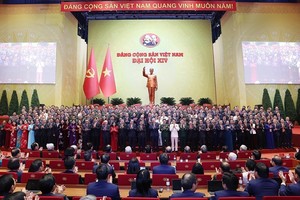
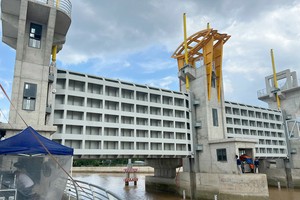
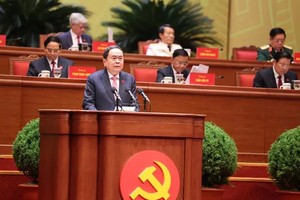
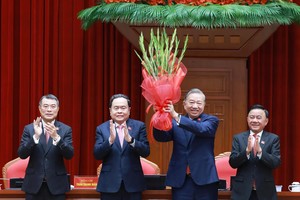
)
